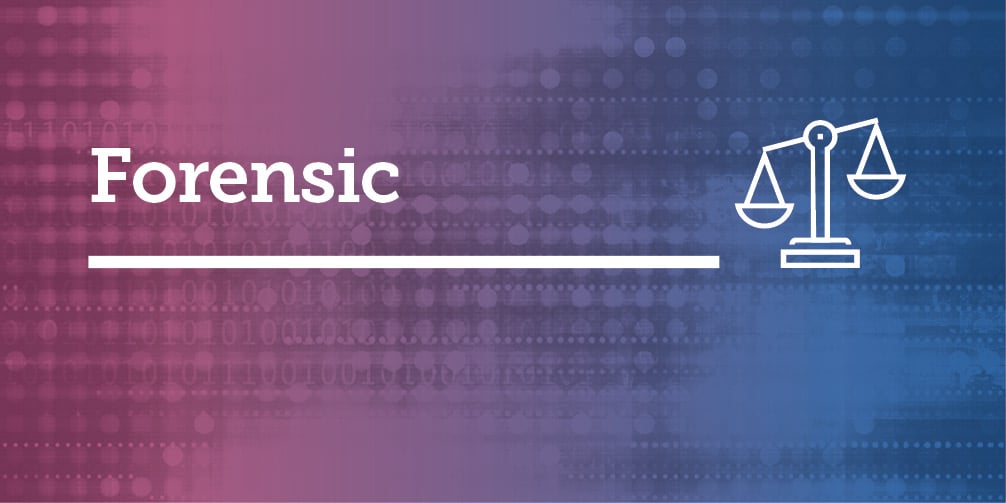Featured Article
Article Title
New Directions for Cultural Formulations in Forensic Psychiatry
Authors
Neil Krishan Aggarwal; Assistant Professor of Clinical Psychiatry at Columbia University, and Research Psychiatrist at the New York State Psychiatric Institute, New York, NY
Abstract
Forensic psychiatrists have called for greater attention to cultural and racial topics in assessing examinees. While suggestions for new methods are welcome, they can ignore the extent of scientific progress if existing assessments are not accurately appraised. This article analyzes the arguments of two recent publications in The Journal that mischaracterize the cultural formulation approach. Contrary to the idea that forensic psychiatrists have received little guidance on assessing an examinee’s racial identity, the article shows that forensic psychiatrists have contributed to scholarship on assessing racial identifications through cultural formulations that elicit how minoritized ethnoracial examinees interpret their illness experiences and legal involvements. The article also seeks to dispel misunderstandings about the Cultural Formulation Interview (CFI), which clinicians have used to complete person-centered cultural assessments, including in forensic settings. Conducting research, practice, and educational activities on cultural formulation can be ways for forensic psychiatrists to combat systemic racism.
Keywords
cross-cultural; cultural formulation; diversity; race
Summary of Research
“The forensic examiner exercises power in using professional knowledge, concepts, values, norms, and practices to comprehend an examinee’s identity and experience as multiple interpretations to explain an examinee’s behavior compete for official recognition within legal systems, especially those that are adversarial. Therefore, completing cultural or racial assessments with examinees are not just acts of social justice; they can add essential information upon which forensic examiners construct their interpretations” (p. 273).
“The article first reviews how racial topics have been addressed in forensic assessments through cultural formulations, appraises both articles for their recommendations, and considers future challenges and opportunities of cultural formulations in forensic mental health settings” (p. 273).
“Translating it for a forensic context, Griffith argued, ‘The intent of using the cultural formulation in the forensic context is to enhance one’s understanding of the subject being evaluated and the subject’s experience, as well as to improve the appreciation of the subject’s psychosocial environment. The cultural formulation should serve to construct a fuller story of how the forensic event occurred’…DSM-5-TR specifies that cultural formulations can address an examinee’s racial identification in two places… These recommendations underscore how DSM-5-TR advocates cultural formulations to address an examinee’s experiences of racism and discrimination within society, including in interactions with the forensic examiner” (p. 274).
“The [Cultural Formulation Interview] CFI was produced during the DSM-5 revision process by drafting an initial interview that psychiatrists from the six cultural consultation services coauthored, field testing it with 321 patients and 75 clinicians in six countries, and revising that initial interview based on patient and clinician feedback” (p. 277).
“As DSM-5TR states: “DSM-5-TR includes an expanded version of the Outline and an approach to assessment using the CFI, which has been field-tested among clinicians, patients, and accompanying relatives and found to be a feasible, acceptable, and useful cultural assessment tool… Therefore, an examiner can complete a cultural formulation without the CFI by using other methods of cultural assessment” (p. 278).
“The psychiatrists, psychologists, and anthropologists who developed the OCF for DSM-IV wanted cultural formulations to be narrative accounts of a patient’s subjective experience of illness that could sensitize clinicians to the impact of suffering beyond the discipline’s increasing neurobiological emphasis on discrete symptoms associated with a disease. But circumstances are more complex in forensic settings…Cultural formulations, and the CFI specifically, assume that a single clinician is performing all clinical tasks. Research has yet to determine how cultural formulations can be conducted in team-based settings, especally with interpreters and cultural brokers. It would also be helpful to to determine how cultural formulations change clinical outcomes such as diagnosis or treatment, an examiner’s interpretations of an examinee, and legal outcomes” (p. 278).
Translating Research into Practice
“Forensic psychiatrists wishing to assess cultural, ethnic, and racial topics with examinees could benefit from the cultural formulation approach…
Newer tools such as the CFI and assessment techniques from the social sciences call attention to the dynamic, situational contexts of identities that forensic examiners should elicit in their work.
Training programs for fellows and continuing medical education in cultural formulation could advance the cultural and racial understanding of clinicians” (p. 278).
Other Interesting Tidbits for Researchers and Clinicians
“Although clinicians may not be able to eliminate all forms of racism and discrimination, they can strive to establish trust and safety with examinees through respectful, curious inquiry. Those who resist such opportunities should ask whether their implicit and unintentional biases, habits, routines, and practices risk misrecognition and inequity, elements which DSM-5-TR cautions as contributing to systemic racism in health care and psychiatry” (p. 278).
Additional Resources/Programs
As always, please feel free to check out the resources below and comment to add more to the discussion!
























.png)







